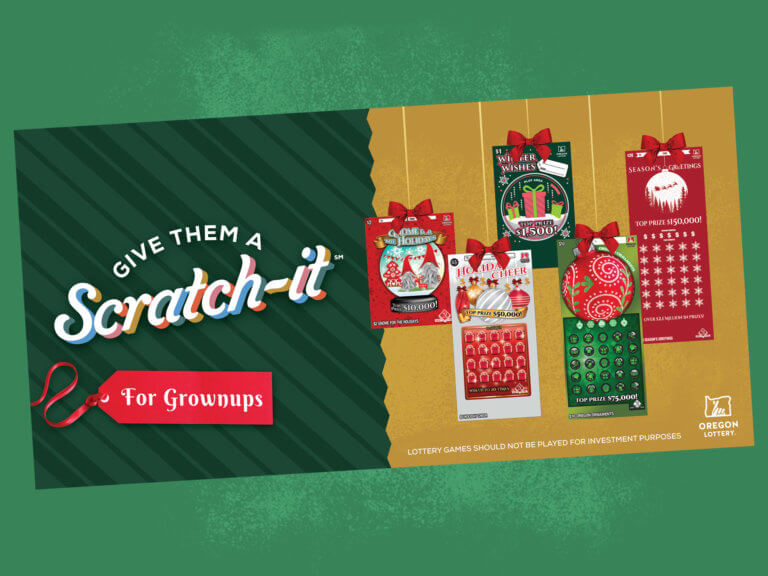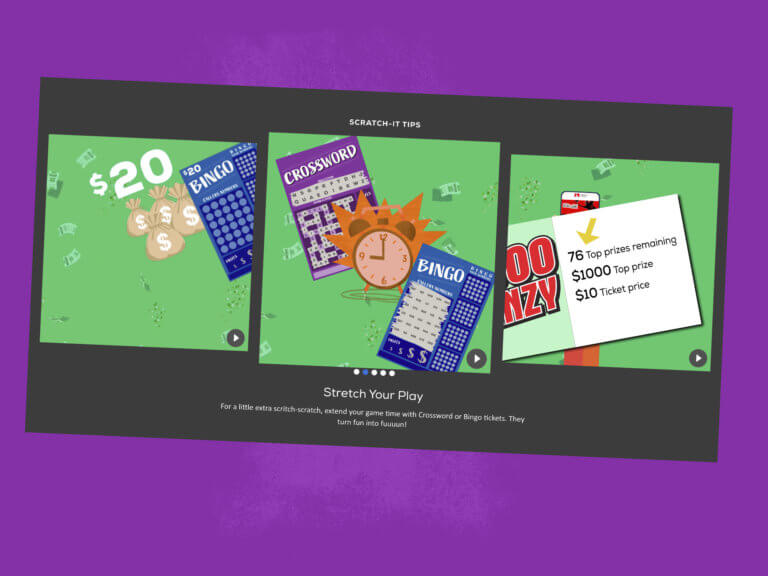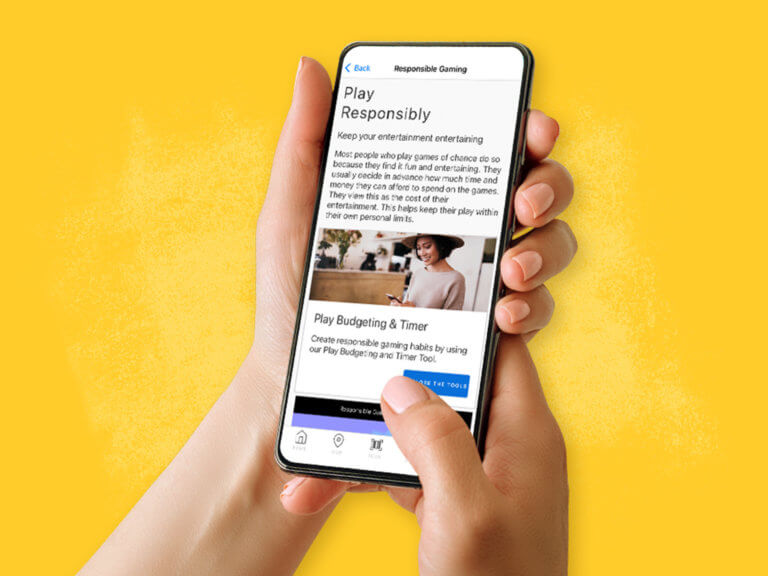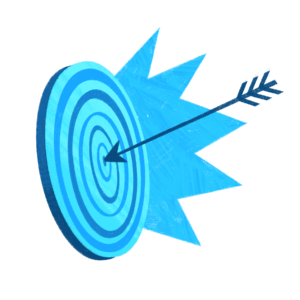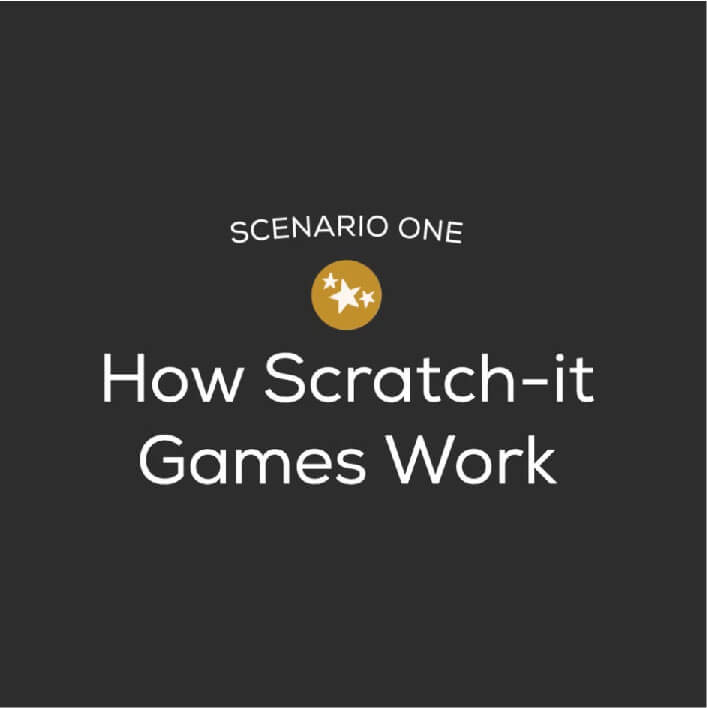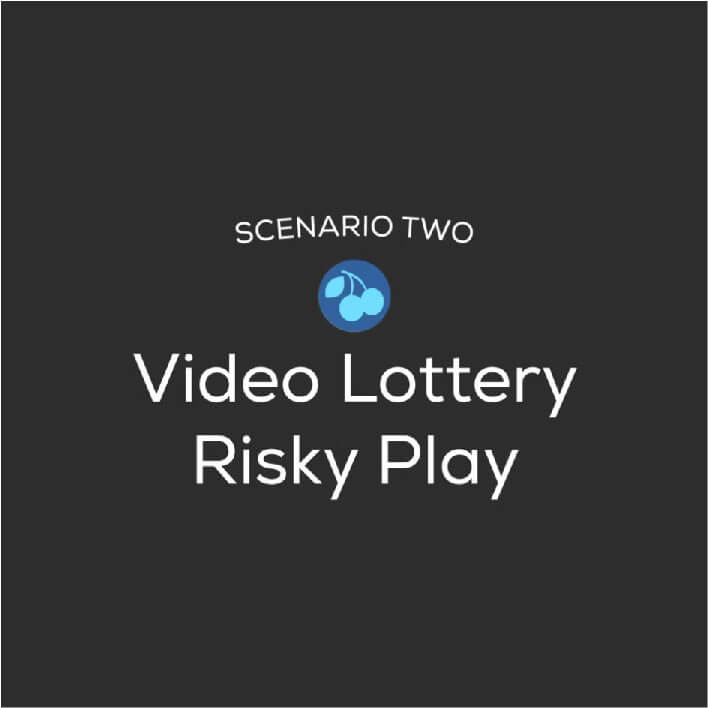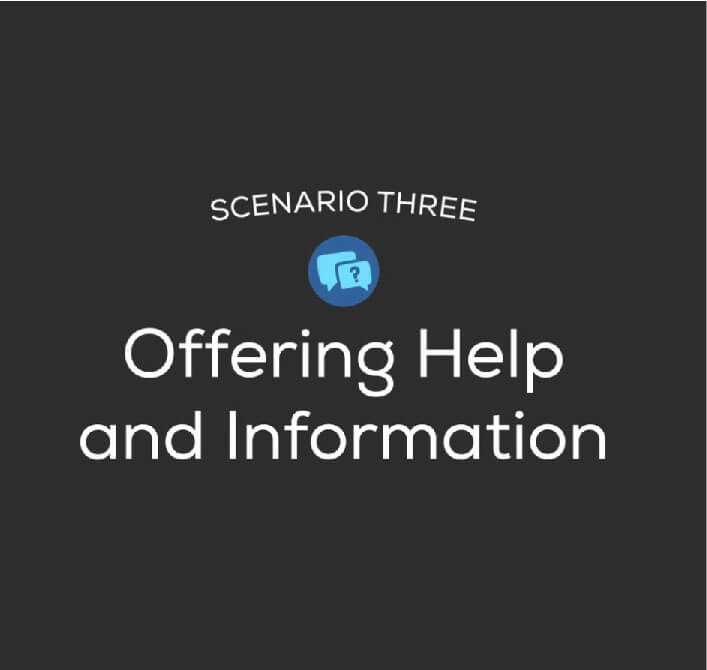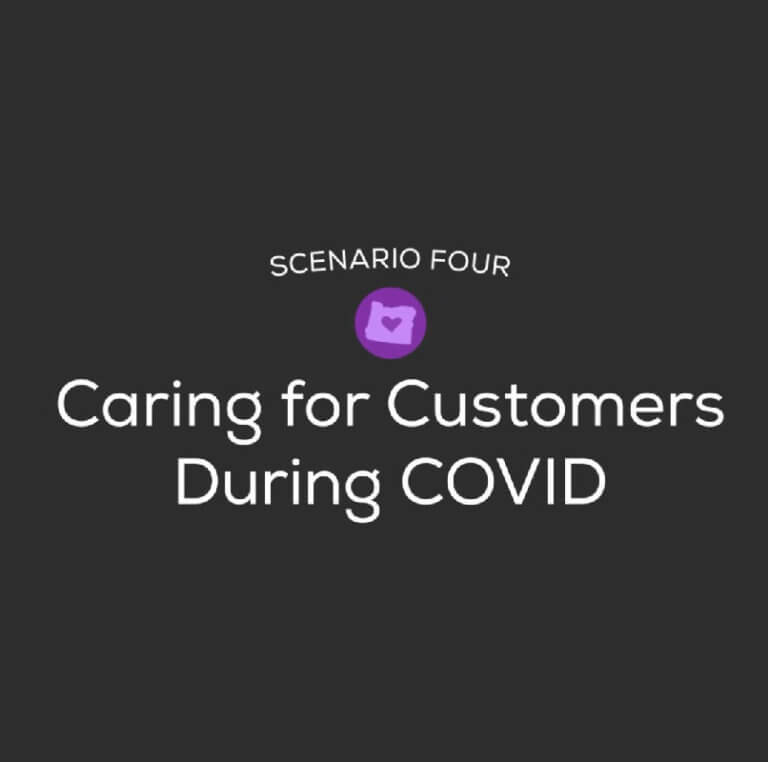
2021 — Transitioning Toward a “New Normal”
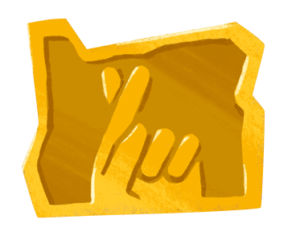
2021 was a year of transition for our players, retailers, employees and communities. Regulations shifted often and quickly. People returned cautiously to in-person entertainment. Increased use of digital media, online gaming and even telehealth services continued unabated. And everyone tried to adapt to their next normal.
The challenges, anxiety and uncertainty created by all this change led the Lottery to refocus our responsible gaming efforts a bit for 2021. We continued to focus on digital channels for our treatment referral outreach while constantly updating and refining messages to address emerging issues facing our players. We fielded new research to better understand attitudes and behaviors for the post-covid world. We continued to train our employees and retailers in RG fundamentals but introduced more “self-care” content to better enable staff to effectively promote RG during challenging times. Simply put, 2021 was focused on helping all our stakeholders effectively navigate a year of transition.
Our Goals and Code of Practice
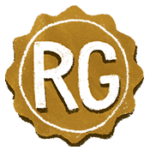
Even over the course of many changes in 2021, our overarching goals remained consistent: The Oregon Lottery will devote energy, funding, and resources where they will have the most positive impact on the promotion of responsible gaming practices (RG) and awareness of problem gambling (PG) resources. Our efforts are devoted to:
- Providing information and tools to help players make informed choices and enjoy Lottery games in a responsible way.
- Creating awareness of resources and treatment for those affected by problem gambling. We aim to ensure that people affected by
 gambling issues know how to access help, and that they understand treatment is free, confidential, and that it works.
gambling issues know how to access help, and that they understand treatment is free, confidential, and that it works.
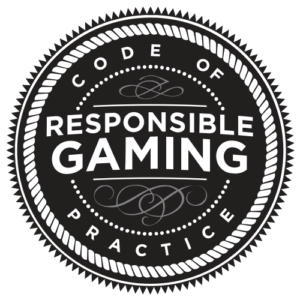 Code of Practice
Code of Practice
The Oregon Lottery must ensure and communicate progress in implementing the Responsible Gaming Code of Practice. Using a combination of internal monitoring and independent assessments, we report on annual measures and key accomplishments each year. Annual measurements look at year-over-year trends when possible while our key accomplishments document non-repeatable activities.
The Responsible Gaming Code of Practice commits the Lottery to implement programs focused on research, employee, stakeholder, and retailer engagement. It also includes player education, retail & online gaming, treatment & referrals, and advertising & promotion.
In 2022, the Oregon Lottery made some key changes to the code to include our new online gaming sales channel and outlined our ongoing commitment to provide responsible gaming tools for customers as an integrated part of any online game or platform with known play.
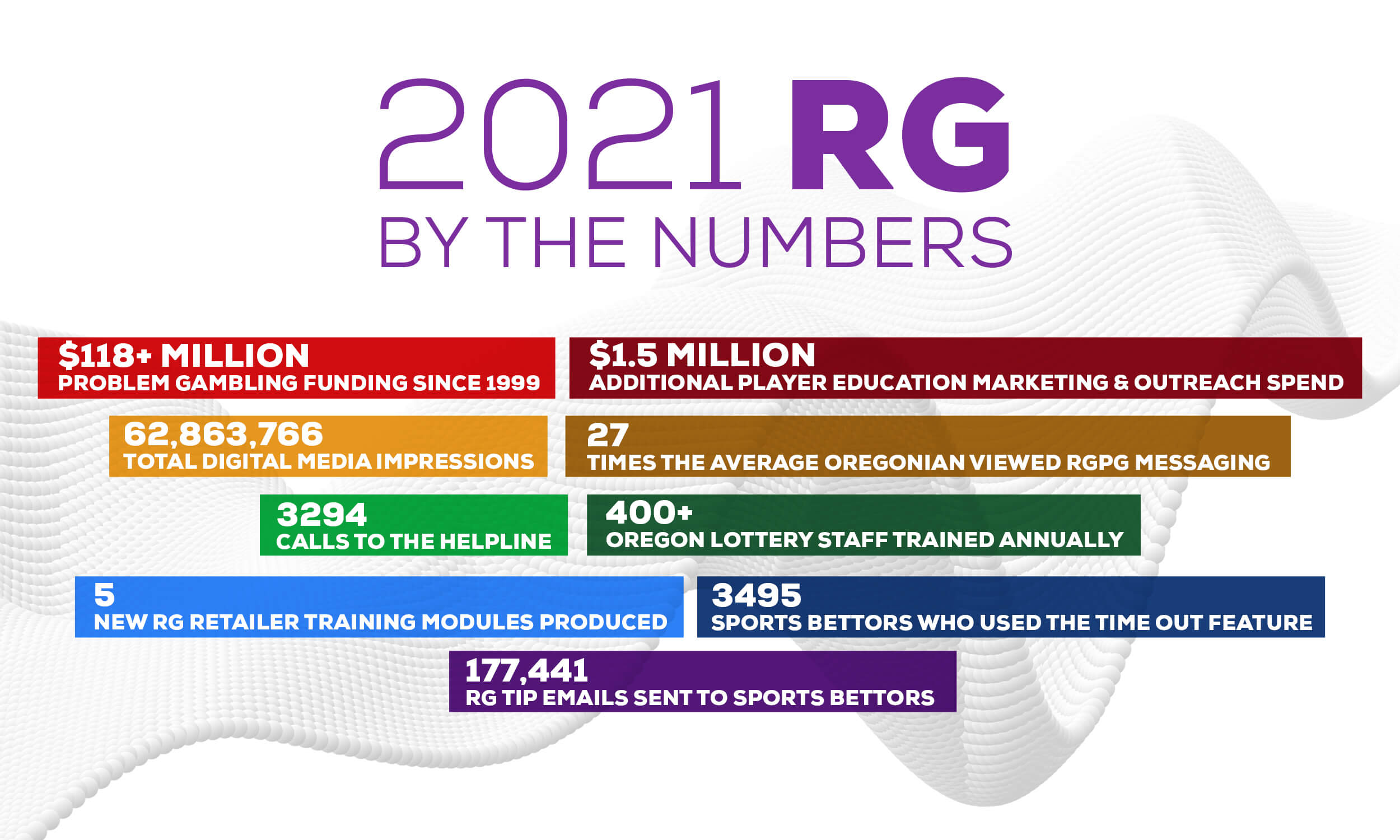
Connecting People with Problem Gambling Resources and Treatment
Part of the Oregon Lottery’s mission is to ensure that players and others affected by gambling understand that there are a variety of resources and treatment options available. We emphasize that treatment is free for any Oregonian negatively affected by gambling; that it’s professional, confidential and, perhaps most importantly, that it works.
The Lottery promotes problem gambling resources in a variety of locations. Some of these include:
- All gaming equipment
- Lottery and partner websites
- Oregon Lottery apps
We also use advertising and promotional outreach. Channels include social media, digital ads, broadcast, limited print, out-of-home, point-of-sale merchandising, and public relations.
The Oregon Lottery conducts an annual study to help measure the results of our efforts over time. This year’s study indicates that Oregonians’ knowledge of problem gambling program features has remained stable.
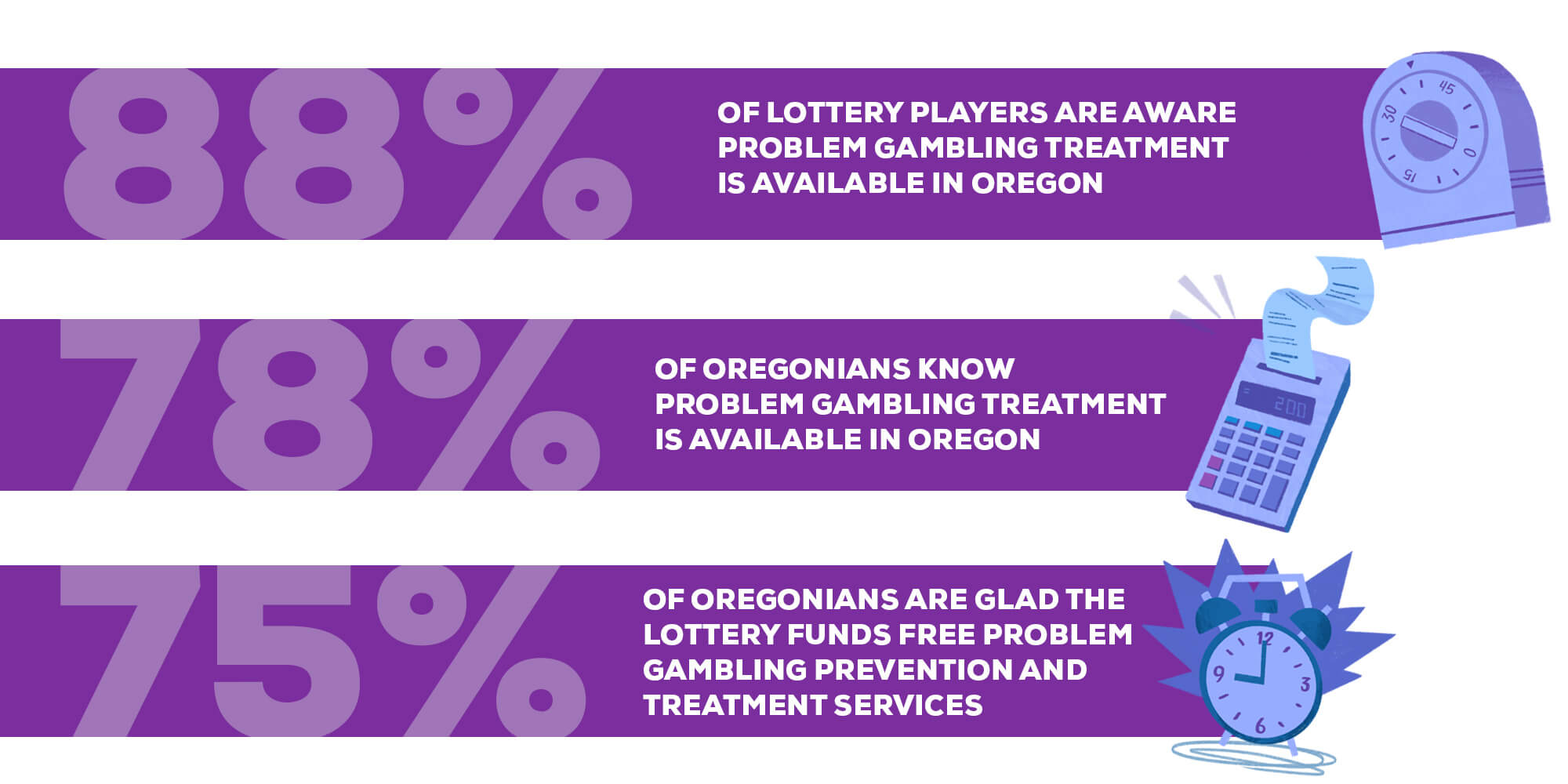
Digging Deeper
Additional important metrics from our research included awareness of several other treatment features. These help us to determine if Oregonians know that treatment is confidential and is provided by professionals. We also measure if people are aware that services are available, not just for people directly affected by gambling, but for their family members and others and that treatment is free.
Awareness of Problem Gambling Treatment Features

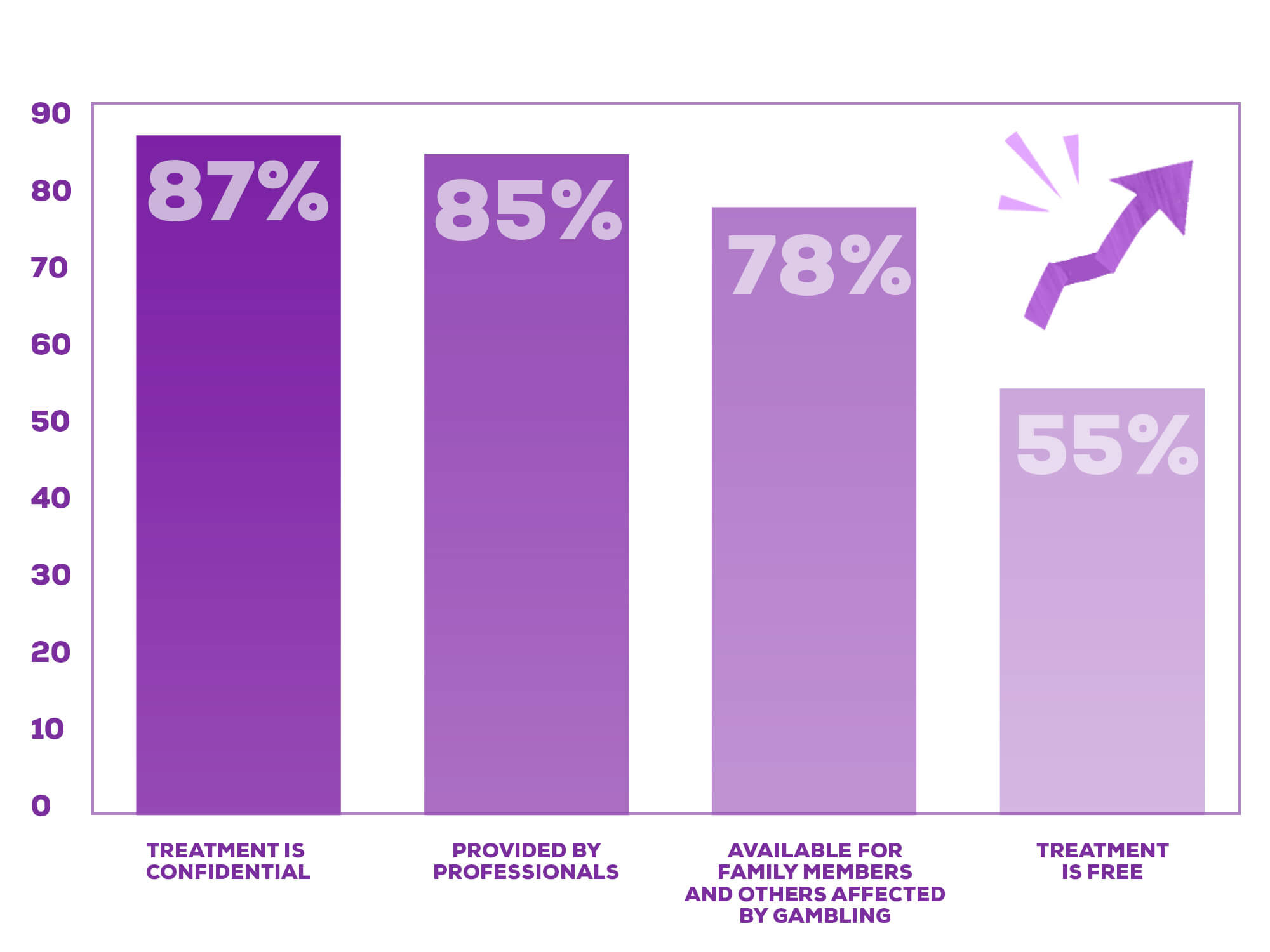
The demand for services remained strong in 2021. Our efforts to connect people with resources and treatment continue to leverage the increased consumption of digital media brought about by the pandemic (which may continue even post-Covid). We recognize that customers value options for connecting with help; therefore, we promote the phone number, chat and text options on the Oregon Problem Gambling Resource website (opgr.org). This increased adoption of digital options is likely at least partially responsible for some of the increases realized in 2021.
Calls, Chats & Texts in 2021
3294
56
336
150
Source #4
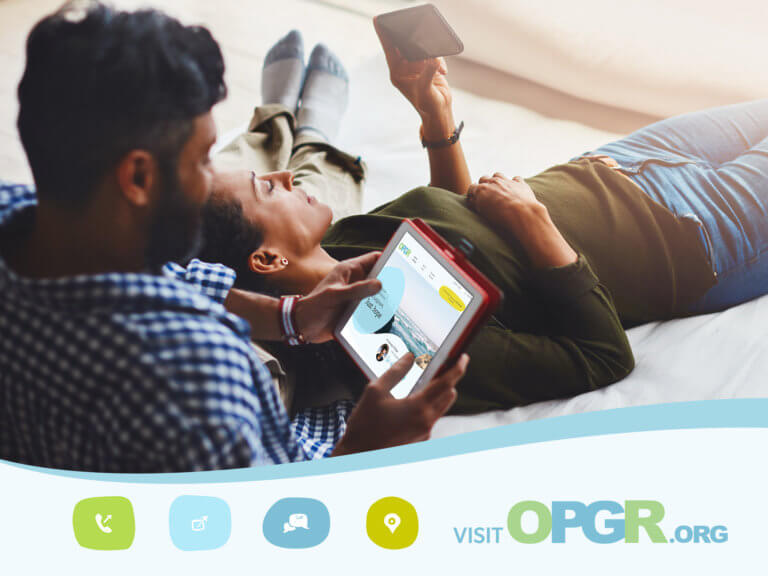
Oregon Problem Gambling Website
Oregonians visit the Oregon Problem Gambling Resource website — opgr.org — to find more information about risks associated with gambling behaviors and to connect to free treatment and recovery services.
333,776
Total website traffic driven to OPGR.org in 2021
Source #2
Key Accomplishments
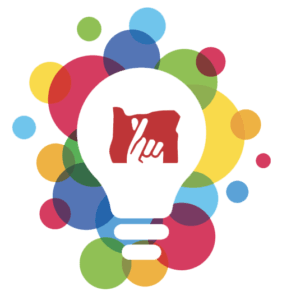 In 2021, we focused efforts on continuous improvement and gaining a better understanding of how and where to reach our players. These goals were reflected in the new research, the optimization of our advertising, and the introduction of a new training strategy and content. Additionally, we are proud to have piloted a cooperative marketing program with a key Video Lottery retail chain.
In 2021, we focused efforts on continuous improvement and gaining a better understanding of how and where to reach our players. These goals were reflected in the new research, the optimization of our advertising, and the introduction of a new training strategy and content. Additionally, we are proud to have piloted a cooperative marketing program with a key Video Lottery retail chain.
Research
The Lottery utilizes research to refine our efforts to promote education, awareness, and understanding of healthy gambling choices and to provide tools that encourage healthy behaviors. In addition to our annual Brand Promise study, we typically conduct new research each year to address emerging issues and trends. In 2021, we conducted two new studies. Positive Play was designed to enable better player outreach and marketing and Self Care enables Lottery field staff to better promote responsible gambling in their daily work.
postive play study
 In 2021, the Lottery worked with industry expert Dr. Richard Wood to conduct the Positive Play research study. The Lottery focused efforts on understanding positive behaviors of players who are able to gamble for fun and within their budget and time limits. Insights from the study include:
In 2021, the Lottery worked with industry expert Dr. Richard Wood to conduct the Positive Play research study. The Lottery focused efforts on understanding positive behaviors of players who are able to gamble for fun and within their budget and time limits. Insights from the study include:
- Respondents scored highest for “personal responsibility” and lowest for “gambling literacy”.
- Positive Play Scale scores improve as players get older.
- Most players learn via experiential methods — by playing, watching others play, or playing with others.
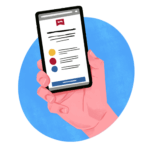 Among respondents that had used responsible gaming tools, the most frequently reported tool used was the budget setting tool.
Among respondents that had used responsible gaming tools, the most frequently reported tool used was the budget setting tool.- Online sports bettors were most likely to report that they had used an responsible gaming tool (self-exclusion).
- Oregon Positive Play scores were higher than observed scores for the UK and USA as a whole.
self-care training
 The objective of self-care training was to develop interactive modules to help Lottery staff develop skills around promoting responsible gaming to retailers and customers. This training also provided techniques necessary to help our staff practice their own self-care during day-to-day activities.
The objective of self-care training was to develop interactive modules to help Lottery staff develop skills around promoting responsible gaming to retailers and customers. This training also provided techniques necessary to help our staff practice their own self-care during day-to-day activities.
To complete this training, we:
- Conducted focus group research with players, retailers, and Lottery staff.
- Used key focus group feedback to help determine content development.
- Worked with an industry expert to develop the framework of the training modules.
- Created additional self-directed, on-demand content that can be accessed anytime.
Source #3
Advertising & Marketing
In 2021, as in the previous year, individuals took full advantage of remote, rather than in-person, options for treatment. We continued to emphasize the availability of alternative, digitally based services when referencing the availability of treatment in Oregon. Some examples:
We added QR codes to in-venue posters that enable quick, discrete access to more detailed information about treatment.
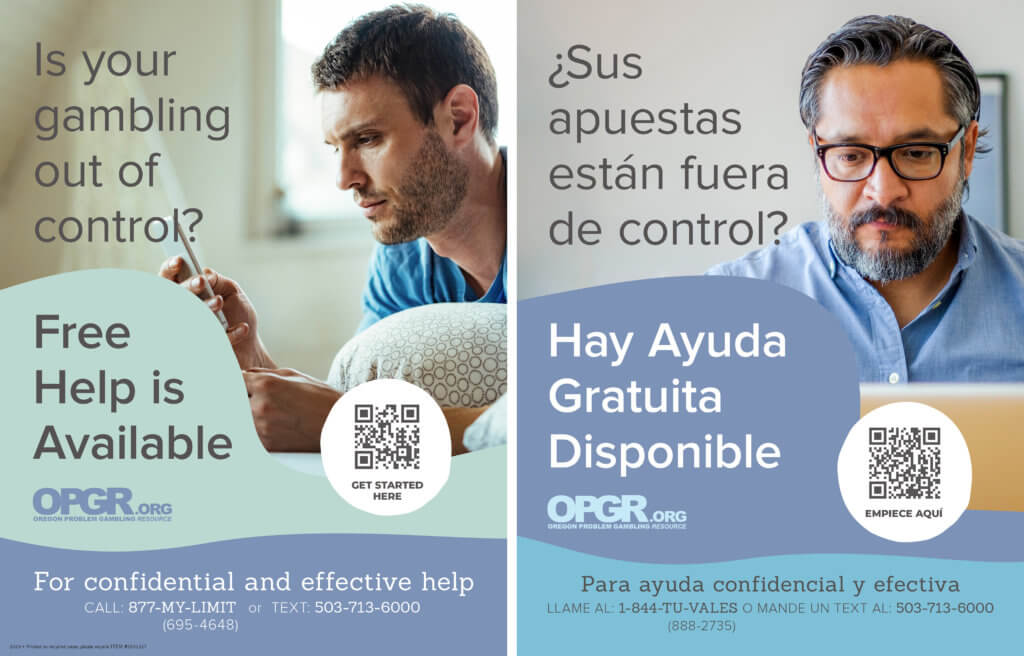
The Lottery continued to promote alternative resources for treatment. We addressed the potentially growing risk of online gambling as players shifted to online entertainment during pandemic related closures of in-person venues.
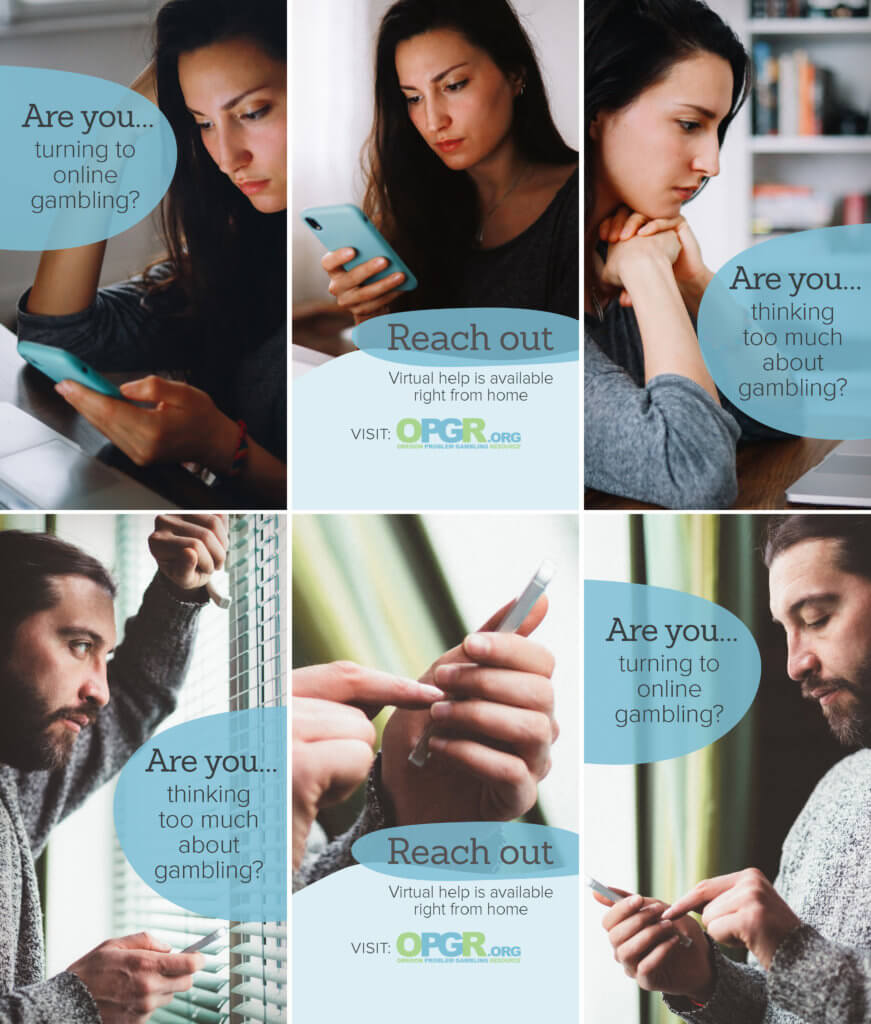
The Lottery frequently refreshed and optimized treatment referral ads based on performance.
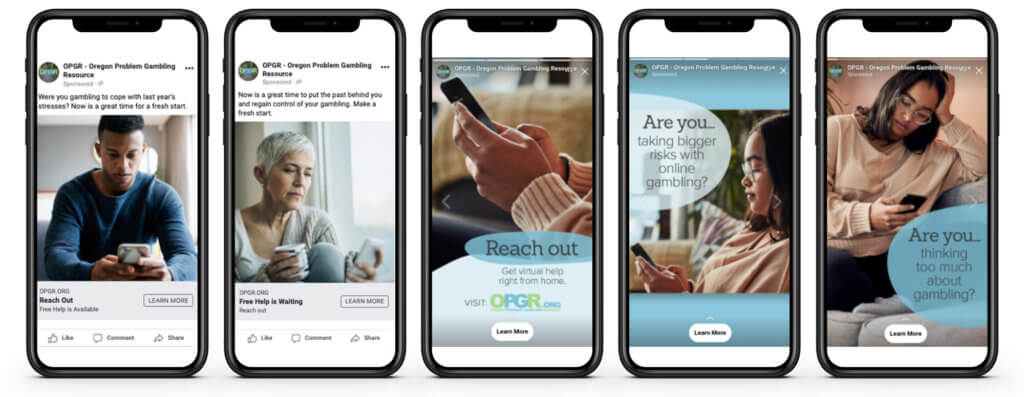
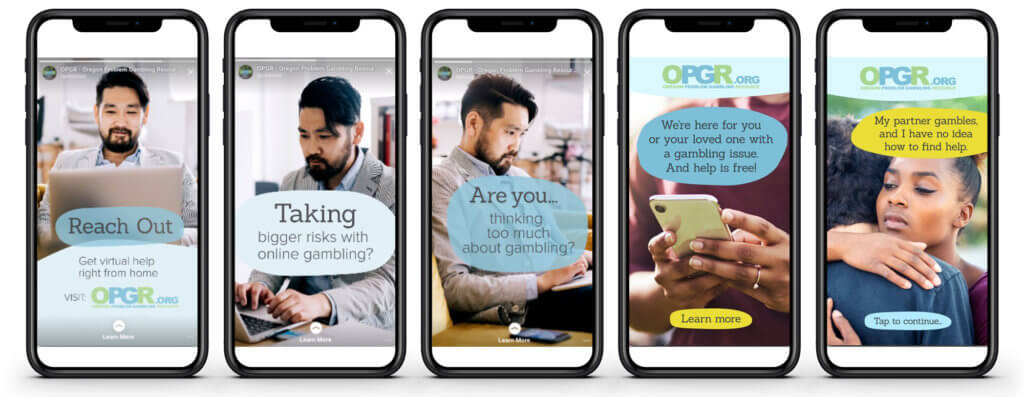
MARKETING ANALYTICS
Our digital outreach remained strong in 2021. We refined our messaging and offered a variety of “calls to action,” in effect reminding players of their many options when seeking services and referrals. The pie chart below reflects options site visitors chose after visiting the OPGR website.
Source #5
Player Education
Throughout 2021, we continued our approach of integrating responsible gaming messages into all marketing efforts contextually. Instead of producing separate versions of ads or having this information appear only on an isolated webpage, responsible gaming messages were included organically in our advertising campaigns. This approach, we believe, helps to normalize responsible gaming behaviors.
For example:
- Our Holiday Scratch-it campaign included a prominent tag line: Great Gifts for Grownups
- Our website integrates responsible gaming information into our How-to-Play content
- Responsible gaming tools are available in our mobile app
Responsible Gaming Reminders in Sports Betting Emails

The following appeared at the bottom of a Scoreboard emails (our sports betting program) in late 2020. These are typical examples of how responsible gaming reminders are regularly integrated in the Lottery’s promotional communications to sports bettors.
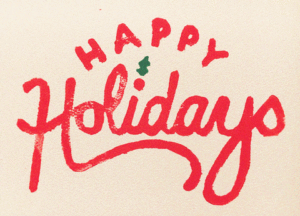
Our limit-setting tools are the sports fans’ PPE. Keep it fun. Play safe.
Click here for your betting-Play Responsibly tools.
The most successful sports bettors set loss limits and control their deposits. Scoreboard provides free tools to help you get the most out of your sports betting experience.
Retailer Engagement
In 2021, the Lottery worked with our largest Video Lottery retailer franchise, Shari’s, to create a cooperative responsible gaming program. The campaign was based on the premise that retailers who emphasize responsible gaming can achieve a competitive advantage with customers.
The Shari’s pilot included:
- Retailer management and frontline staff participated in focus groups to help inform future training for both retail and Lottery staff.
- Shari’s staff were the first to take new, all-inclusive training and all optional on-demand modules.
- Cooperative ads normalizing responsible gaming behaviors were produced.
Training
required retailer Training
In 2021, the Oregon Lottery implemented a new strategy of providing “all inclusive,” digitally delivered Responsible Gaming Training for retailers. This new approach recognizes that the foundational principles of responsible gaming apply to all retailers – from bars and restaurants selling Video Lottery to grocery and convenience stores selling Scratch-its and draw games. This approach allowed us to refresh the required retailer training and replace two outdated modules with one “all-inclusive” module for every retailer. Concurrently, we developed a series of short, scenario-based modules that are available on demand. These modules will help retailers with responsible gaming issues that are specific to their business model.
Check out several on-demand modules below.
Industry Involvement
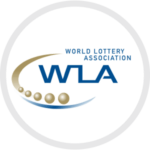 The Oregon Lottery is an associate member of the World Lottery Association (WLA) and currently holds the highest level of certification at level 4. WLA’s values are based on a commitment to the highest standards of corporate responsibility and are based on WLA Responsible Gaming Principles and Framework.
The Oregon Lottery is an associate member of the World Lottery Association (WLA) and currently holds the highest level of certification at level 4. WLA’s values are based on a commitment to the highest standards of corporate responsibility and are based on WLA Responsible Gaming Principles and Framework.
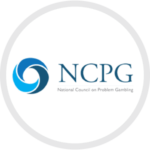 The Oregon Lottery is currently a Gold Member of the National Council on Problem Gambling and actively holds positions on the board of directors and various committees. Membership provides a variety of experiences across multiple industries to strengthen NCPG’s leadership as the organization continues to grow and evolve.
The Oregon Lottery is currently a Gold Member of the National Council on Problem Gambling and actively holds positions on the board of directors and various committees. Membership provides a variety of experiences across multiple industries to strengthen NCPG’s leadership as the organization continues to grow and evolve.
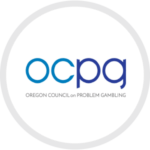 The Oregon Council on Problem Gambling (OCPG) is the state affiliate to the National Council on Problem Gambling. The OCPG’s purpose is to promote the health of Oregonians by supporting efforts to minimize gambling related harm. The Oregon Lottery holds a position on the board of directors along with other stakeholders from the gaming industry, treatment and prevention field, the recovery community and state and county administrators.
The Oregon Council on Problem Gambling (OCPG) is the state affiliate to the National Council on Problem Gambling. The OCPG’s purpose is to promote the health of Oregonians by supporting efforts to minimize gambling related harm. The Oregon Lottery holds a position on the board of directors along with other stakeholders from the gaming industry, treatment and prevention field, the recovery community and state and county administrators.
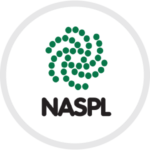 The Oregon Lottery is an Associate Member of the North American Association of State and Provincial Lotteries (NASPL). Currently, Oregon holds “Sustaining” level certification through NASPL and NCPG which is the highest level available. In addition, the Oregon Lottery director serves as the chair of the NASPL Responsible Gambling sub-committee. NASPL’s mission is to assemble and disseminate information and benefits of state and provincial lottery organizations through education and communications and, where appropriate, publicly advocate the positions of NASPL on matters of general policy.
The Oregon Lottery is an Associate Member of the North American Association of State and Provincial Lotteries (NASPL). Currently, Oregon holds “Sustaining” level certification through NASPL and NCPG which is the highest level available. In addition, the Oregon Lottery director serves as the chair of the NASPL Responsible Gambling sub-committee. NASPL’s mission is to assemble and disseminate information and benefits of state and provincial lottery organizations through education and communications and, where appropriate, publicly advocate the positions of NASPL on matters of general policy.
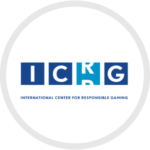 Formerly NCRG. The Oregon Lottery is an active member of the International Center for Responsible Gaming (ICRG), an international organization exclusively devoted to funding research that helps increase understanding of pathological and youth gambling and find effective methods of treatment.
Formerly NCRG. The Oregon Lottery is an active member of the International Center for Responsible Gaming (ICRG), an international organization exclusively devoted to funding research that helps increase understanding of pathological and youth gambling and find effective methods of treatment.
CITATION:
- Oregon Lottery: Brand Promise Study Summary of Findings Final Report: October 2021. N=800
- Google Analytics 2021.
- Positive Play Executive Summary 2021.
- Problem Gambling Program Yearly Report 2021.
- Pollinate: YOY Post Report 2021.
